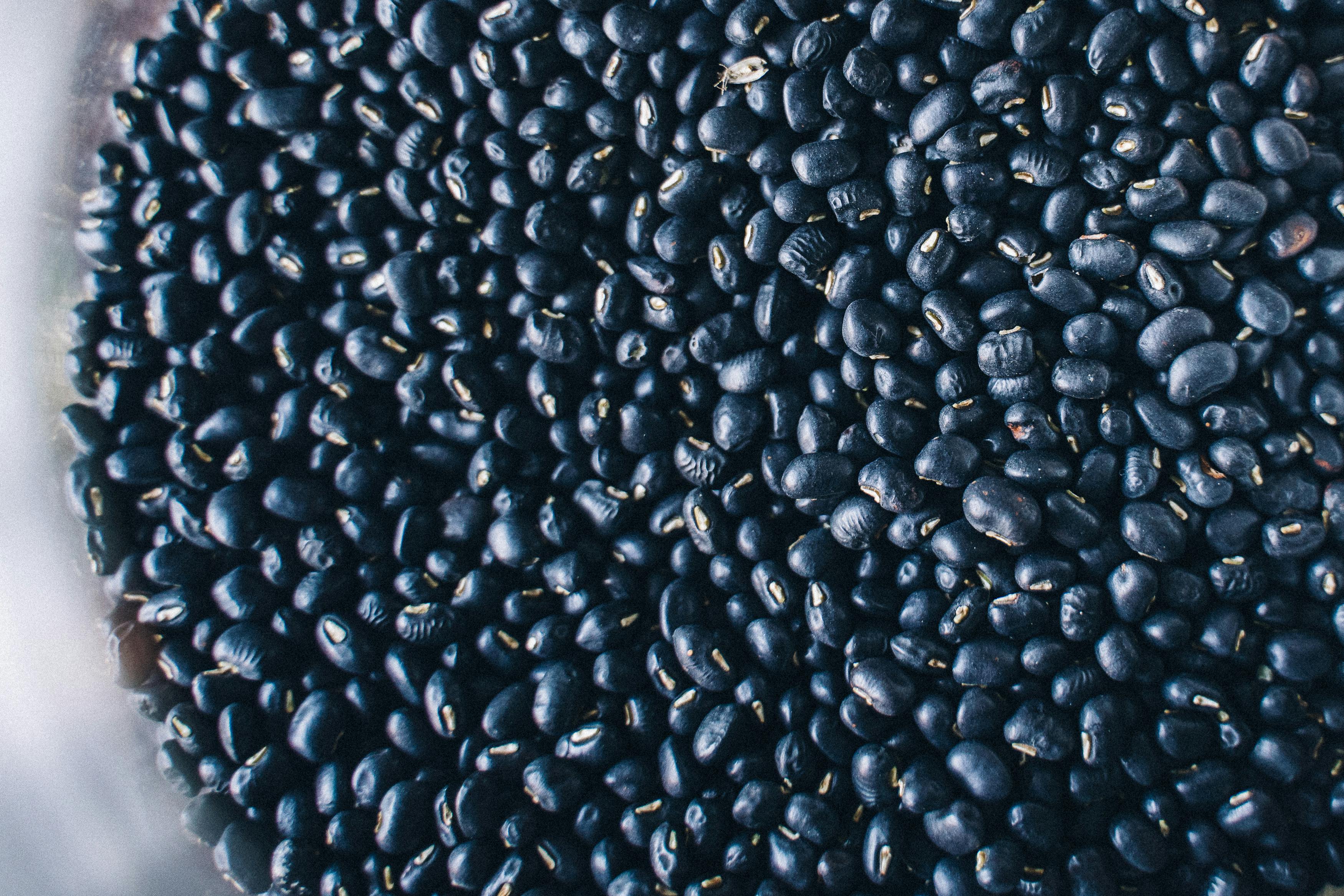Discovering Black Beans Nutrition Facts for Optimal
Health

Black beans nutrition facts reveal a powerhouse of nutrition that aligns beautifully with both health and fitness goals, making them a staple in many diets. Often used in a variety of cuisines from Latin to Tex-Mex, black beans are an inexpensive and versatile food option that can enhance your meals both in flavor and nutrients. This superfood is packed with essential nutrients and provides an excellent source of plant-based protein, making it a favorite among vegetarians and those seeking alternative protein sources. By delving into the black beans nutrition facts, you'll discover why they're a go-to option for enhancing dietary health.
Black Beans Nutrition Facts: What's Inside?
The nutritional profile of black beans is impressive. They are rich in dietary fiber, providing about 15g per cooked cup, which aids in digestion and helps maintain a healthy weight by promoting a feeling of fullness. Black beans also offer approximately 15g of protein per cup, making them an excellent protein source for those on plant-based diets. Additionally, they are low in fat and contain no cholesterol, which supports heart health.
These legumes are loaded with essential vitamins and minerals. They are a good source of folate, which is vital for producing and maintaining new cells, making it particularly important during periods of rapid growth like pregnancy and infancy. Black beans also provide significant amounts of iron, phosphorus, magnesium, manganese, and copper, all of which contribute to healthy bone structure and strength.
Health Benefits of Black Beans
Including black beans in your diet can have multiple health benefits, making them a valuable addition to any balanced meal plan. The fiber content in black beans not only helps to lower cholesterol levels but also enhances gut health by supporting a robust digestive system. For individuals managing blood sugar levels, this high fiber content plays a crucial role in modulating glucose absorption, providing steady energy throughout the day—a key consideration for both fitness enthusiasts and those managing conditions like diabetes. Their high protein content supports muscle repair and growth, making them particularly beneficial for athletes and active individuals who require efficient muscle recovery post-exercise. In addition to protein and fiber, the antioxidants found in black beans, such as flavonoids and polyphenols, are potent compounds that protect your cells from oxidative stress and cellular damage. These antioxidants can help reduce the risk of chronic diseases such as heart disease and certain cancers, contributing to an overall preventive health strategy. By incorporating black beans into your diet, you contribute positively to your long-term health and wellness goals.
How to Incorporate Black Beans into Your Diet

Incorporating black beans into your meals is easy and can be adapted to fit various dietary preferences. They can be tossed into salads, mixed into soups or stews, or used as a filling for tacos and burritos. You could also blend them to make a delicious spread for sandwiches or wraps, or use them as a base for black bean burgers. Their mild flavor and creamy texture make them a versatile ingredient that can be enjoyed in multiple culinary applications. For breakfast, you can incorporate them into hearty breakfast burritos or even as a savory addition to omelets. Black beans can also be pureed to create smooth, flavorful dips, perfect for pairing with fresh vegetables or whole-grain chips. Additionally, they pair wonderfully with grains such as quinoa or rice, creating a complete and satisfying plant-based protein meal.
Why Black Beans are a Healthy Protein Option
For individuals seeking plant-based proteins, black beans are unparalleled in both nutritional profile and versatility. Their high protein content makes them a standout choice for vegetarians and vegans, providing essential amino acids necessary for bodily functions and muscle maintenance. Unlike many animal protein sources, black beans are naturally devoid of saturated fats, contributing to cardiovascular health. This attribute makes them particularly attractive to those following low-fat diets. Moreover, the substantial dietary fiber in black beans aids in digestion, promotes satiety, and helps regulate blood sugar levels, which is beneficial for weight management and energy stabilization throughout the day.
Black beans seamlessly integrate into a variety of dietary patterns beyond just plant-based eating. In the Mediterranean diet, for instance, legumes like black beans are a staple, enhancing dishes with their rich nutrient profile and heart-healthy benefits. They also have a place in low-carb eating plans when consumed in moderation, helping diversify protein sources and add fiber to meals. The "black beans nutrition facts" underscore their importance in achieving a balanced diet by delivering vital nutrients while supporting metabolic health and energy renewal. These attributes make black beans an indispensable component for those aiming to optimize their dietary intake for improved health outcomes. By incorporating black beans regularly, individuals can not only meet their nutritional needs but also enjoy a versatile ingredient capable of enhancing numerous culinary preparations.
Are There Any Negative Aspects of Eating Black Beans?

While black beans are packed with nutrients, some people may experience digestive discomfort due to their high fiber content if consumed in large amounts. It's recommended to introduce them gradually into your diet and ensure they're properly soaked and cooked to reduce potential gastrointestinal effects. Additionally, those with dietary restrictions on carbohydrates should monitor portion sizes as part of their diet management.
Who Should Incorporate Black Beans into Their Diet?
Black beans are beneficial for almost everyone, especially those looking to enhance their intake of fiber and plant-based protein. People on plant-based diets or those looking for a nutritious meal addition without excessive fat or cholesterol will find black beans an excellent option. Additionally, those looking to diversify their protein sources to include more legumes will benefit greatly.
How Often Should You Eat Black Beans?
While there is no strict rule for how often you should consume black beans, incorporating them a few times a week can add significant nutritional value to your diet. They are easy to prepare and can be included in various dishes, making it simple to enjoy their health benefits regularly. Just remember to balance them with other protein sources to ensure a varied and nutrient-rich diet.
The black beans nutrition facts illustrate their role as a
valuable dietary component that supports a healthy lifestyle, balanced
nutrition, and sustainable eating practices. Whether you're aiming for weight
management, boosting energy levels, or simply enjoying wholesome meals, black
beans are fantastic food to include in your meal planning. Get help with your meal plans book a free nutrition coaching consultation today!
Connect with Us!
Stay inspired and informed by following us on social media. Get tips, motivation, and updates on all things Pilates, nutrition, and wellness. Join our community and take the next step towards a healthier, happier you!
